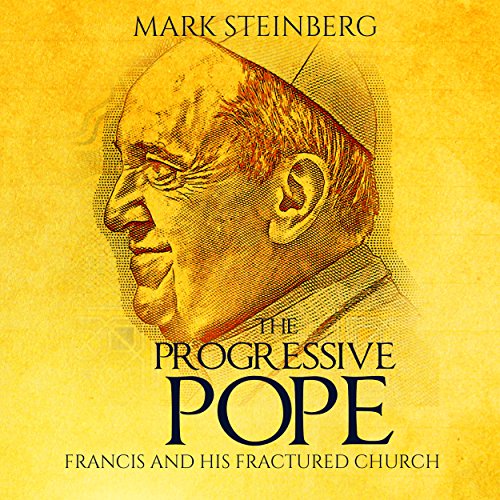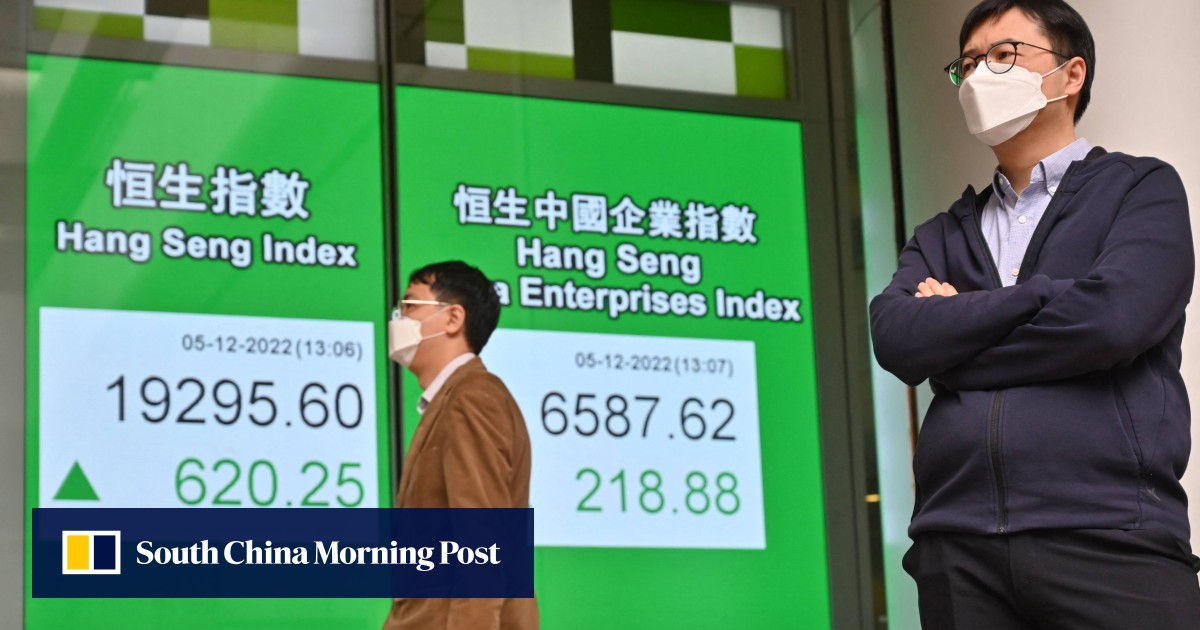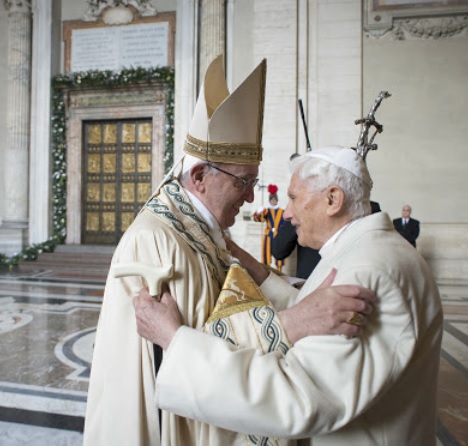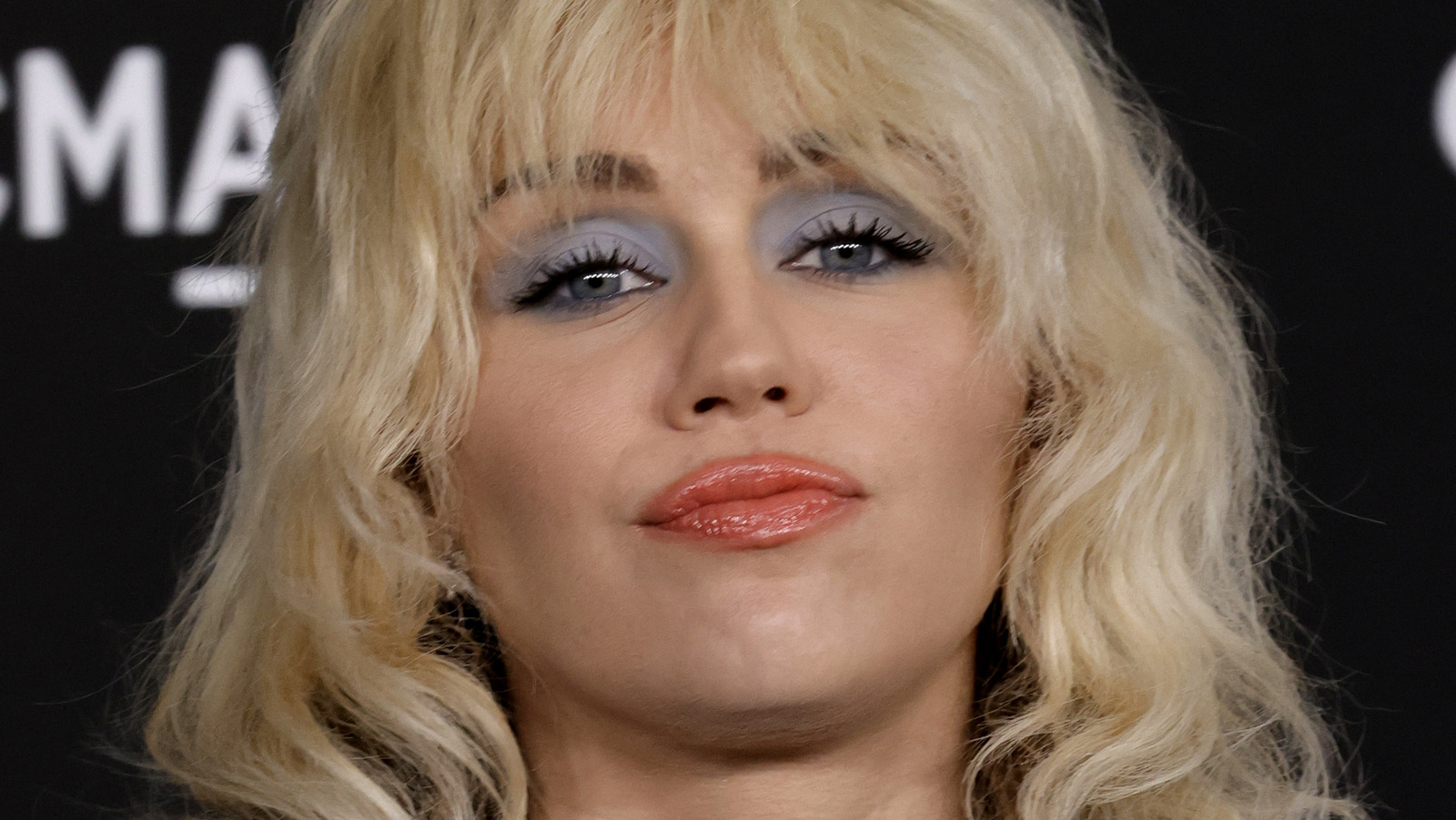Pope Francis: Navigating A Globalized, Fractured Catholic Church

Table of Contents
Pope Francis's papacy has been marked by a concerted effort to navigate a complex and often fractured Catholic Church in an increasingly globalized world. His leadership faces significant challenges stemming from internal divisions, theological debates, and the changing socio-political landscape. This article examines the key aspects of his papacy and the hurdles he confronts in uniting a global community of believers. The weight of leading over a billion Catholics across diverse cultures and facing significant internal and external pressures is immense, making his role one of the most challenging leadership positions in the world.
Modernizing the Church in a Globalized World
Challenges of Cultural Diversity
Balancing tradition with the needs of diverse cultures is a paramount challenge for Pope Francis and the Vatican. The Catholic Church, boasting a global presence, encounters vastly different cultural interpretations and practices. This necessitates a delicate balancing act – upholding core Catholic doctrine while accommodating cultural nuances and promoting inculturation.
- Balancing Tradition and Cultural Adaptation: Finding common ground between the universality of Catholic teachings and the specific cultural contexts in which they are practiced.
- Addressing Issues of Inculturation: The process of adapting the gospel message and liturgical practices to the cultural context of different regions, ensuring authenticity without compromising core beliefs.
- Navigating Differing Interpretations of Catholic Doctrine: Addressing variations in the understanding and application of Catholic doctrine across different regions and cultures.
The Amazon Synod, for example, highlighted the tension between traditional Church structures and the needs of indigenous communities. The discussions surrounding the ordination of married men in remote areas underscored the challenges of applying universal Church laws to geographically and culturally diverse settings. Pope Francis’s approach, emphasizing dialogue and adaptation, demonstrates a commitment to understanding and addressing these cultural sensitivities within the framework of global Catholicism.
Addressing Globalization's Impact on Faith
Globalization's impact on faith presents another significant challenge. The rise of secularism, increased migration and refugee crises, the pervasive influence of technology on religious practice, and global economic inequality all significantly impact the Catholic Church's mission and its ability to effectively minister to its followers.
- The Rise of Secularism: Navigating a world where religious belief is increasingly challenged and alternative worldviews are gaining prominence.
- Migration and Refugee Crises: Responding to the needs of displaced people, often from different religious backgrounds, while upholding the Church's mission of providing pastoral care.
- Technology's Influence on Religious Practice: Utilizing technology to enhance evangelization and engagement while mitigating the risks associated with online misinformation and secularization.
- Global Economic Inequality: Addressing the ethical implications of economic disparity and ensuring that the Church's social justice mission remains central to its global efforts.
Pope Francis's encyclical Laudato Si' directly addresses the environmental challenges exacerbated by globalization, highlighting the Church's responsibility to protect creation. His consistent emphasis on the preferential option for the poor reflects a direct response to global economic inequality and its impact on the most vulnerable members of society.
Internal Divisions and Theological Debates
Conservative vs. Progressive Tensions
The Catholic Church is not immune to internal tensions. Debates surrounding women's ordination, LGBTQ+ inclusion, the role of tradition in modern society, and the interpretation of Church teachings reflect a significant divide between more conservative and progressive factions within the Church.
- Women's Ordination: The ongoing debate about the possibility of ordaining women as priests.
- LGBTQ+ Inclusion: Discussions about greater acceptance and inclusion of LGBTQ+ individuals within the Church community.
- The Role of Tradition: Balancing the importance of preserving tradition with the need for adaptation to contemporary social issues.
- Interpretation of Church Teachings: Varying understandings and interpretations of specific doctrines and their application in modern contexts.
These debates often play out publicly, creating challenges for Papal Leadership and highlighting the complexities of maintaining unity amidst differing theological viewpoints.
Addressing Clerical Abuse and Reform
The ongoing crisis of clerical sex abuse casts a long shadow over the Church. Pope Francis's efforts at reform, including increased accountability measures and a focus on prevention, are crucial but face significant challenges. Addressing systemic issues requires a multi-faceted approach.
- Accountability Measures: Implementing stricter procedures for handling abuse allegations and holding perpetrators accountable.
- Prevention Programs: Developing and implementing effective programs to prevent future instances of abuse.
- Addressing Systemic Issues: Tackling the underlying cultural and structural factors that contributed to the abuse crisis.
- Support for Victims: Providing appropriate support and healing for victims of abuse.
While Pope Francis has taken significant steps to address the crisis, the path to full reconciliation and healing remains long and arduous. The need for continued reform and unwavering commitment to accountability remains paramount.
Pope Francis's Key Initiatives and Reforms
Emphasis on Social Justice and Environmental Concerns
Pope Francis has prioritized social justice and environmental concerns throughout his papacy. Laudato Si', his encyclical on the environment, has had a significant global impact, raising awareness of ecological issues and urging collective action. His focus on the poor and marginalized reflects a commitment to the Church's social justice mission.
- Laudato Si' and its Impact: Raising awareness of environmental degradation and advocating for sustainable practices.
- Focus on the Poor and Marginalized: Prioritizing the needs of the most vulnerable members of society.
- Promoting Peace and Reconciliation: Working towards peacebuilding initiatives in conflict zones around the world.
These initiatives not only reflect Pope Francis's commitment to social justice but also help shape the Catholic Church's image and influence on the world stage.
Synodal Path and Calls for Dialogue
Pope Francis has championed a "synodal path," emphasizing greater participation and dialogue within the Church. This approach aims to create a more participatory and collaborative Church structure.
- Promotion of Synodality: Encouraging a more collaborative and participatory approach to Church governance.
- Fostering Greater Participation: Involving laity more actively in decision-making processes.
- Creating a More Participatory Church: Moving towards a more inclusive and collaborative model of Church governance.
This approach represents a potentially transformative shift in Church governance, although its full impact remains to be seen.
Conclusion
Pope Francis's papacy presents a complex picture of leadership within a globalized and often fragmented Catholic Church. His efforts to modernize the Church, address internal divisions, and promote social justice are significant but face considerable challenges. His commitment to dialogue and synodality represents a potentially transformative approach to Church governance. The ongoing debates and reforms within the Church highlight the dynamic nature of the institution as it navigates the complexities of a rapidly changing global landscape.
Understanding Pope Francis's leadership and the challenges facing the Catholic Church is crucial for comprehending the future of global Catholicism. Continue exploring the complexities of Pope Francis: Navigating a Globalized, Fractured Catholic Church through further research and engagement with the ongoing dialogue within the faith.

Featured Posts
-
 Chinese Equities In Hong Kong Jump On Renewed Trade Optimism
Apr 24, 2025
Chinese Equities In Hong Kong Jump On Renewed Trade Optimism
Apr 24, 2025 -
 Od Djevojcice Do Zene Nevjerojatan Rast Elle Travolte
Apr 24, 2025
Od Djevojcice Do Zene Nevjerojatan Rast Elle Travolte
Apr 24, 2025 -
 Los Angeles Wildfires A Reflection Of Our Times Through Disaster Betting
Apr 24, 2025
Los Angeles Wildfires A Reflection Of Our Times Through Disaster Betting
Apr 24, 2025 -
 The Destruction Of Pope Francis Fishermans Ring Tradition And Symbolism
Apr 24, 2025
The Destruction Of Pope Francis Fishermans Ring Tradition And Symbolism
Apr 24, 2025 -
 The Impact Of The La Palisades Fires Which Celebrities Lost Their Homes
Apr 24, 2025
The Impact Of The La Palisades Fires Which Celebrities Lost Their Homes
Apr 24, 2025
